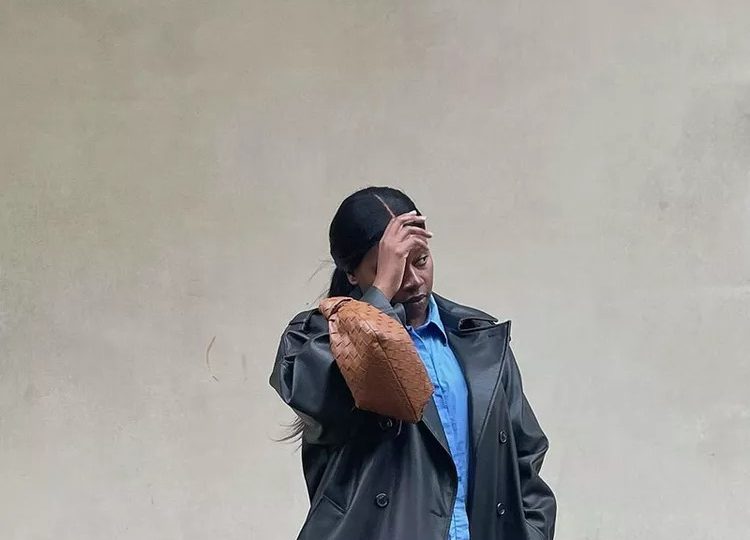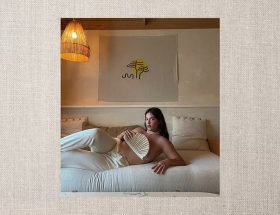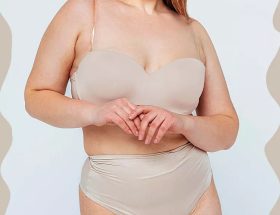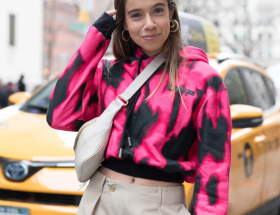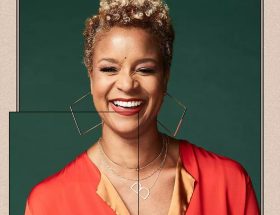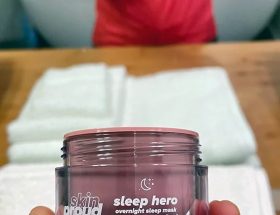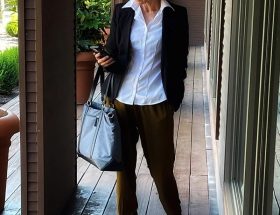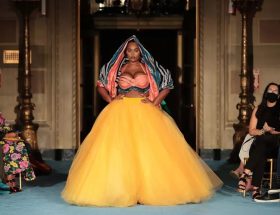Black Women Love and Deserve Luxury Fashion Too
Whether it’s Instagram, TikTok, or Youtube, it’s hard to scroll through your social media feed today without coming across a promotion for a luxury item, especially if you’re into fashion. With Instagram accounts specifically, you not only have leading retailers such as Macy’s and Bergdorf Goodman showcasing lust-worthy items, but influencers, stylists, personal shopping services (@classlesod and @threadsstyling, to name a couple), and brands alike are pivoting towards luxury models like never before.
Ac
As consumers, many of us are easily drawn into the awe and admiration of luxury products, but a recent video that presenter and author Candice Brathwaite posted has opened up a dialogue surrounding how Black people, women especially, can perceive and internalize the bias in the luxury narratives we see.
In her video, Brathwaite reflects on a moment when she had to hold herself accountable to how she reacted to a Black influencer (that she loves) showcasing an item on her channel. She had caught herself questioning how the influencer was able to do so many luxury unboxings, but realized she never questions this when it comes to the purchases of white influencers online, leaving her frustrated that she had internalized the second-guessing and stereotyping that often happens to people of color.
Brathwaite isn’t alone in this construct or understanding: her video, which currently has 120,000 views and over 200 comments, brings attention to the unconscious bias that we as a Black community can hold against one another and ourselves. Intimately linked to our self-worth and self-value, these internalized feelings aren’t unwarranted, rooting from a long line of bias and prejudice on both financial and social levels. Traditionally, people of color have held the lowest levels of income and wealth of any racial group in America, with the average net worth of a Black family being about 10 times less than a typical white family as of 2016.
With exclusionary laws put in place from as early as 1878, people of color were stunted in financial and occupational growth essentially as soon as they were able to pursue it.
By purchasing items that carry societal weight, the Black consumer shares that they, too, can afford the luxury lifestyle—thus expressing financial mobility.
This psychological trauma has woven its way through generations, and members of the Black community have often felt as though they didn’t deserve or weren’t entitled to the same luxuries as everybody else. It wasn’t until the walls and ceilings surrounding wealth and accessibility shifted that as a community, we were able to begin the work of breaking past the limits imposed on us for so long. This shift in narrative had not only started to heal this trauma, but introduced the successful impact of black purchasing power.
It isn’t news to know that Black people spend more on beauty and cosmetics than any other racial group, but this purchasing influence has also infiltrated the luxury fashion market. According to Business of Fashion, Black American consumers wield $1.3 trillion in annual spending power, which is up 114% since 2000. Professor Kimberly Jenkins explains that the fashion market and possessing mid-level to luxury clothing items alone is seen as leverage for social mobility. By purchasing items that carry societal weight, the Black consumer shares that they, too, can afford the luxury lifestyle—thus expressing financial mobility. “Consumption became a function of self-identifying for Blacks,” Jenkins says. “I can’t change my Black skin, but I can change anything else.”
We owe it to ourselves to celebrate and reach for the luxuries we also rightly deserve—free from stereotypes, questioning, and second-guessing.
“I believe black women have always adored luxury goods, but what I have seen shift is two things,” says Lisa Omeleh, who is the founder and CEO of personal shopping and sourcing brand Classles. “One, the benchmark in attaining wealth for Black women has increased, especially for Gen Z. Black women have promoted themselves financially: they are now entrepreneurs, CEOs, directors, and investors. So, now [they] can buy the things on their wishlist. The other thing to note is that luxury fashion has become a lot more accessible due to the power of Black female influencers such as Melissa’s Wardrobe, personal shoppers, VIP access, social media buying, and marketing tools.” All of that is to say that Black consumers are willing to spend on luxury product that previously was considered unattainable, and many are also doing what they can to increase accessibility for themselves and others.
While Brathwaite’s video opened an important discussion as to why we question our gaze from within the Black community compared to others, the luxury market and lifestyle is only one sector where we experience the effects of longstanding trauma around self-worth and self-value. As a community, we have to start seeing ourselves in a different light, one that recognizes not only our purchasing power and influence, but our right to accumulate valuable items as much as anyone else. For so long, we have been systemically held back from the high-end lifestyle, and while some effects of this are ongoing, we owe it to ourselves to celebrate and reach for the luxuries we also rightly deserve—free from stereotypes, questioning, and second-guessing.
